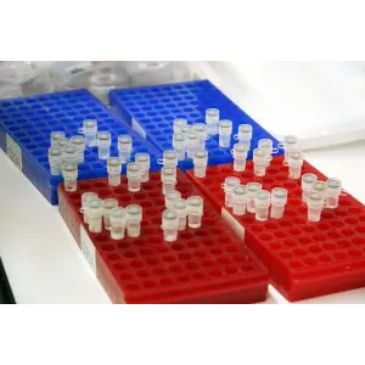On June 3, the United States Supreme Court, in a 5-4 decision, ruled in Maryland v. King, 569 U. S. (2013) that it is not an unreasonable seizure, defined by the Fourth Amendment, for law enforcement officers to obtain a DNA swab from someone during the booking phase of an arrest. DNA testing is viewed as a technological advancement, and using this technological advancement during booking procedures can be viewed as either an aid for solving past crimes and preventing future crimes or an intrusion on individual’s Fourth Amendment right to be safe in their person from unreasonable searches and seizures.
 Justice Kennedy, along with the majority, held that taking a DNA swab during regular booking activities is reasonable for the purpose of identifying the accused. Justice Kennedy reasons that this is no more intrusive as fingerprinting, matching tattoos to known gang symbols, or reviewing photos of an arrestee to aid in determining the identity of the suspect. Essentially, DNA would be a better tool to identify the accused because DNA cannot be altered like fingerprints or appearances.
Justice Kennedy, along with the majority, held that taking a DNA swab during regular booking activities is reasonable for the purpose of identifying the accused. Justice Kennedy reasons that this is no more intrusive as fingerprinting, matching tattoos to known gang symbols, or reviewing photos of an arrestee to aid in determining the identity of the suspect. Essentially, DNA would be a better tool to identify the accused because DNA cannot be altered like fingerprints or appearances.
Justice Kennedy stressed that determining the identity of the accused early can help solve past crimes or help prevent future crimes. Early identification of the accused can also help the judge set bail terms if the accused was found to have committed past criminal acts. A person who is arrested and charged for a crime may have committed other crimes they were never charged for, so DNA could help point law enforcement officers to cases where the suspect is unknown.
A DNA analysis can be an asset for law enforcement agents investigating crimes. The question is whether it unreasonably intrusive for law enforcement officers to take a DNA swab from someone whose guilt has yet to be determined? About half the states take a DNA swab of the accused during booking procedures. In Colorado, a DNA swab is only taken once a person is convicted of a felony. Taking someone’s DNA after someone has been found guilty of a crime is different than taking DNA of someone who may have been wrongfully arrested.
Justice Scalia, who is known to support law enforcement in his opinions, believes that it is unreasonably intrusive to take a DNA swab of someone who is being booked on charges he or she may or may have not committed. He feels the government in this case is using DNA swabs as an investigatory tool rather than the intended purpose of identifying the accused.
In Justice Scalia’s dissent, he argues the majority’s reasoning for testing the accused DNA is unconstitutional by stating:
“The DNA testing does not even begin until after arraignment and bail decisions are already made. The samples sit in storage for months, and take weeks to test. When they are tested, they are checked against the Unsolved Crimes Collection — rather than the Convict and Arrestee Collection, which could be used to identify them. Maryland’s Act forbids the Court’s purpose (identification), but prescribes as its purpose what our suspicionless-search cases forbid (‘official investigation into a crime’).”
This ruling will change the landscape of legal rights for the criminally accused. The ruling might also spark more DNA testing outside of criminal matters. Someday a DNA analysis may be required for people to obtain a driver’s license, fly on a plane, or obtain a job, similar to how fingerprints are now.
Colorado Springs criminal defense attorney Timothy Bussey has more than 20 years litigating criminal matters. A lawyer who has experience challenging criminal matters can help defend your legal rights. At The Bussey Law Firm, P.C., our legal team strives to provide outstanding representation for every defendant he serves, no matter what charges they face. For a free and confidential consultation, call us today at (719) 475-2555.
